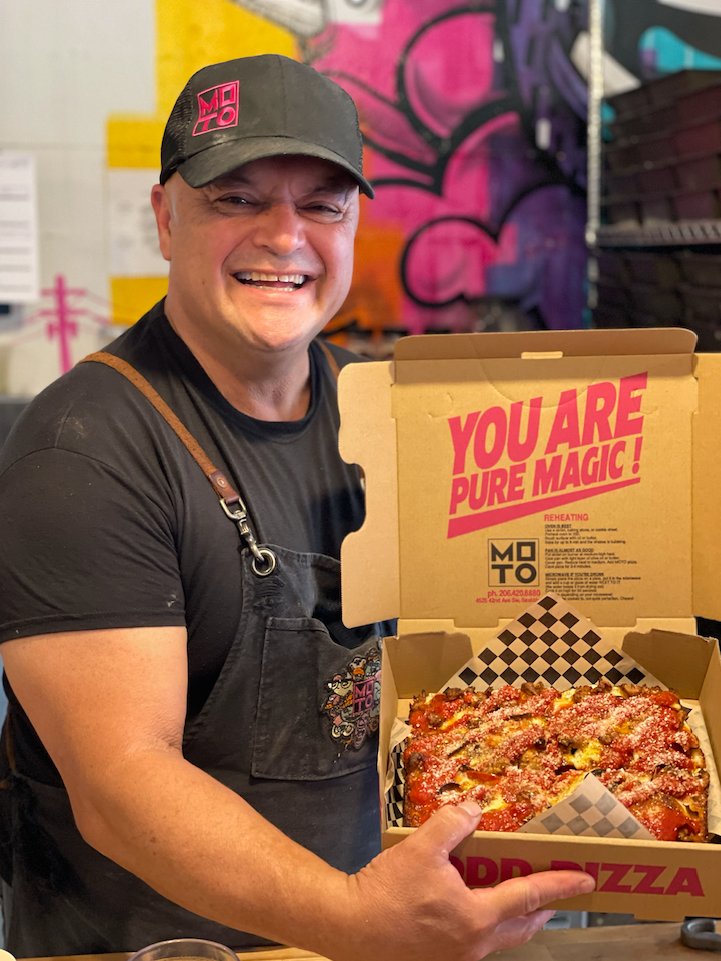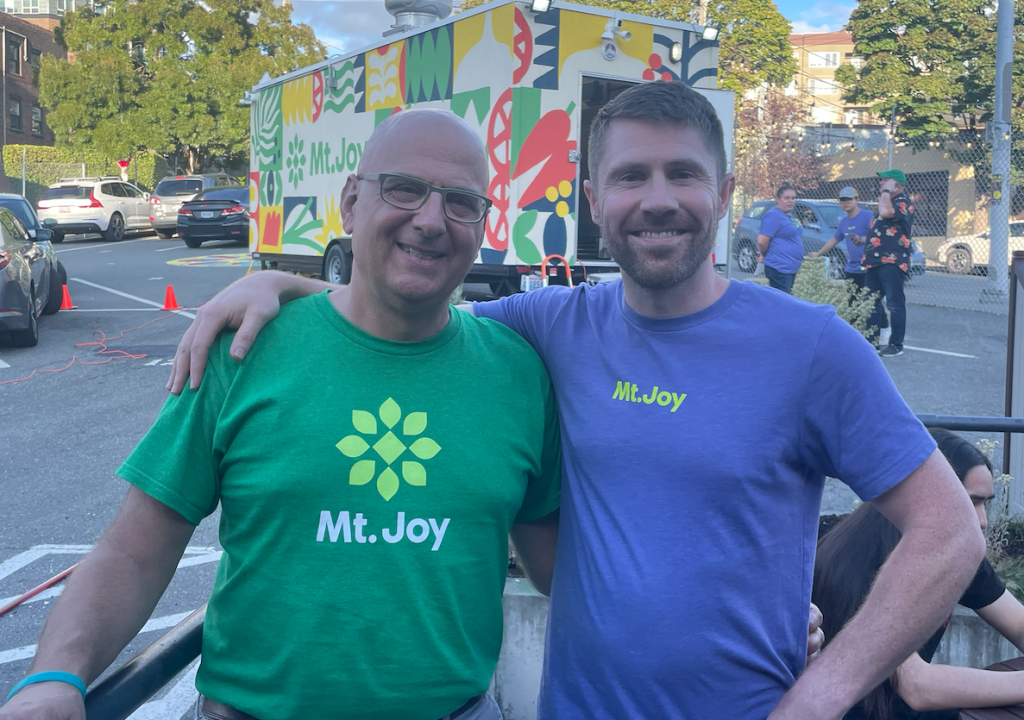In less than two weeks, Yo-Kai Express, a company that’s become synonymous with hot ramen-making robots, will show it has a sweet side with the debut of a boba-making robot at CES in Las Vegas.
Yo-Kai CEO Andy Lin told The Spoon that the company’s new robotic boba maker will be the first boba-bot that incorporates a cooking pot inside the appliance, enabling it to cook boba tapioca pearls as well as other toppings. According to Lin, the machine’s built-in cooking capability will allow it to be more than just a boba-maker, enabling it to create a variety of different hot and cold beverages and meals ranging from instant oatmeal to protein shakes to soups and coffees.
The first machine will be shipped to Netflix’s headquarters in Los Gatos, California. After that, Lin says that distribution will be a phased release with around ten boba-bots shipped to other corporate headquarters in the Bay Area. Another shipment in March will put the Yo-Kai boba machine at college campuses and other locations, and starting in June, the Yo-Kai boba-bot will be widely available to individual operators who want to operate a Yo-Kai.
And it’s with this wider availability that Yo-Kai will begin a new expansion approach that will extend beyond its current operating model. Lin says that in 2024, the company plans to phase its expansion model into one utilizing a partner model where individual operators will pay an initial startup fee to Yo-Kai, and from there, they will be able to take ownership of the boba and begin operating it. Lin says that the model, which is “franchise-like”, will offer new operators a choice of up to 1,500 different locations that Yo-Kai has helped find through a new strategic partnership with a large real estate management company.
“Usually, if a partner wants to open a boba store, they need to find a location by themselves,” said Lin. “But we don’t need them to find a location; we can actually provide a location to them. So it will be a one-stop-shop: Go to the website, select the region you want to have the machine, and we will work together with them.”
While the Yo-Kai boba-bot certainly isn’t the first automated boba-making machine, no other company has had much success in expanding beyond initial pilots and trials. Bobacino, which debuted in 2020, saw its CEO depart last month, and it’s not clear if the company is still operational. Cloutea, which debuted its boba robot at CES 2023, opened a store in Las Vegas this past April but has not expanded beyond a single location.
The new Yo-Kai boba robot will debut at CES, which starts on January 9th and runs through January 12th. The new boba bot will be featured in the food tech area on the show floor in the Venetian Expo Hall at CES.
Stay tuned to The Spoon for more food tech coverage at CES over the next two weeks.



























